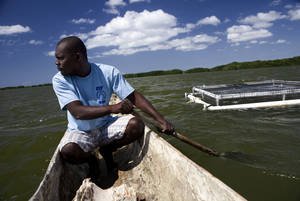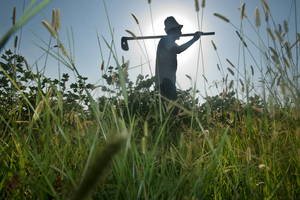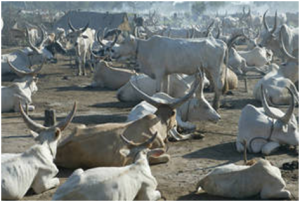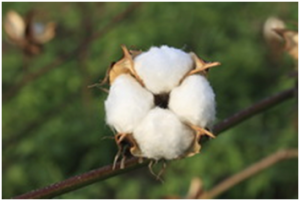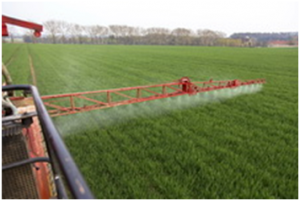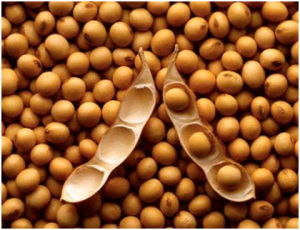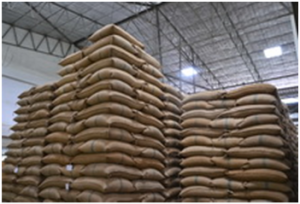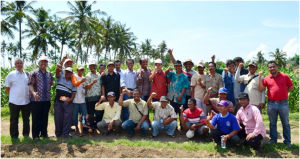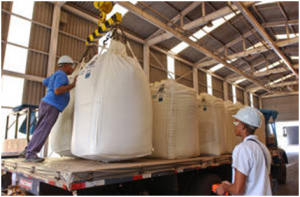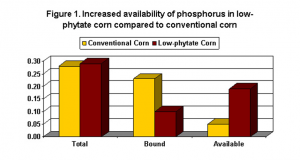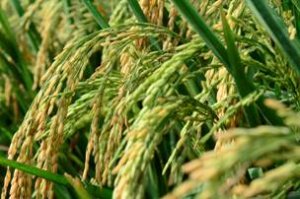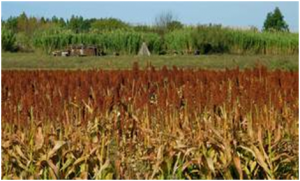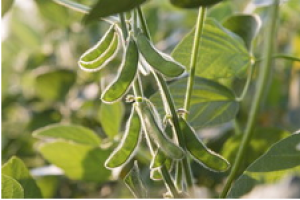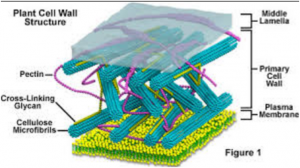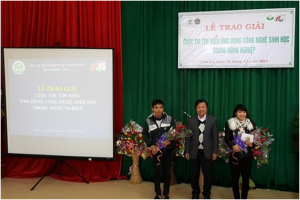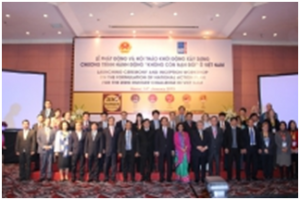|
CGIAR Research Program on Rice
Tuesday, 2020/03/31 | 07:49:42
|
|
CGIAR News
The CGIAR Research Program on Rice (RICE) is a forward-looking, holistic, global partnership that focuses on the win-win proposition of the social, economic, and environmental sustainability aspects of rice.
RICE is a collaborative partnership that cuts across all components of the rice sector and aims to deliver impact for a sustainable future.
RICE fosters impact-driven rice research and development to reduce poverty and hunger, improve human health and nutrition, promote gender equity, and enhance ecosystem resilience in rice production systems. It harnesses 600 research and development partners from both the public and private sector to deliver measurable impacts on the overall goals of CGIAR.
RICE facilitates the transition of smallholder rice farmers to modern business entrepreneurship by exploiting opportunities offered by market diversification and the emergence of a stronger consumer demand for quality and nutritious rice products. At the same time, it assists poor farmers to cope with extreme stresses and the effects of climate change. In doing so, RICE will be at the cutting edge of science and will mobilize modern technological breakthroughs offered by biotechnology, ICT, and Big Data. Impacts by 2022Through R&D in collaboration with its many partners, RICE expects to:
These outcomes will become possible by:
|
|
|
|
[ Other News ]___________________________________________________
|


 Curently online :
Curently online :
 Total visitors :
Total visitors :
